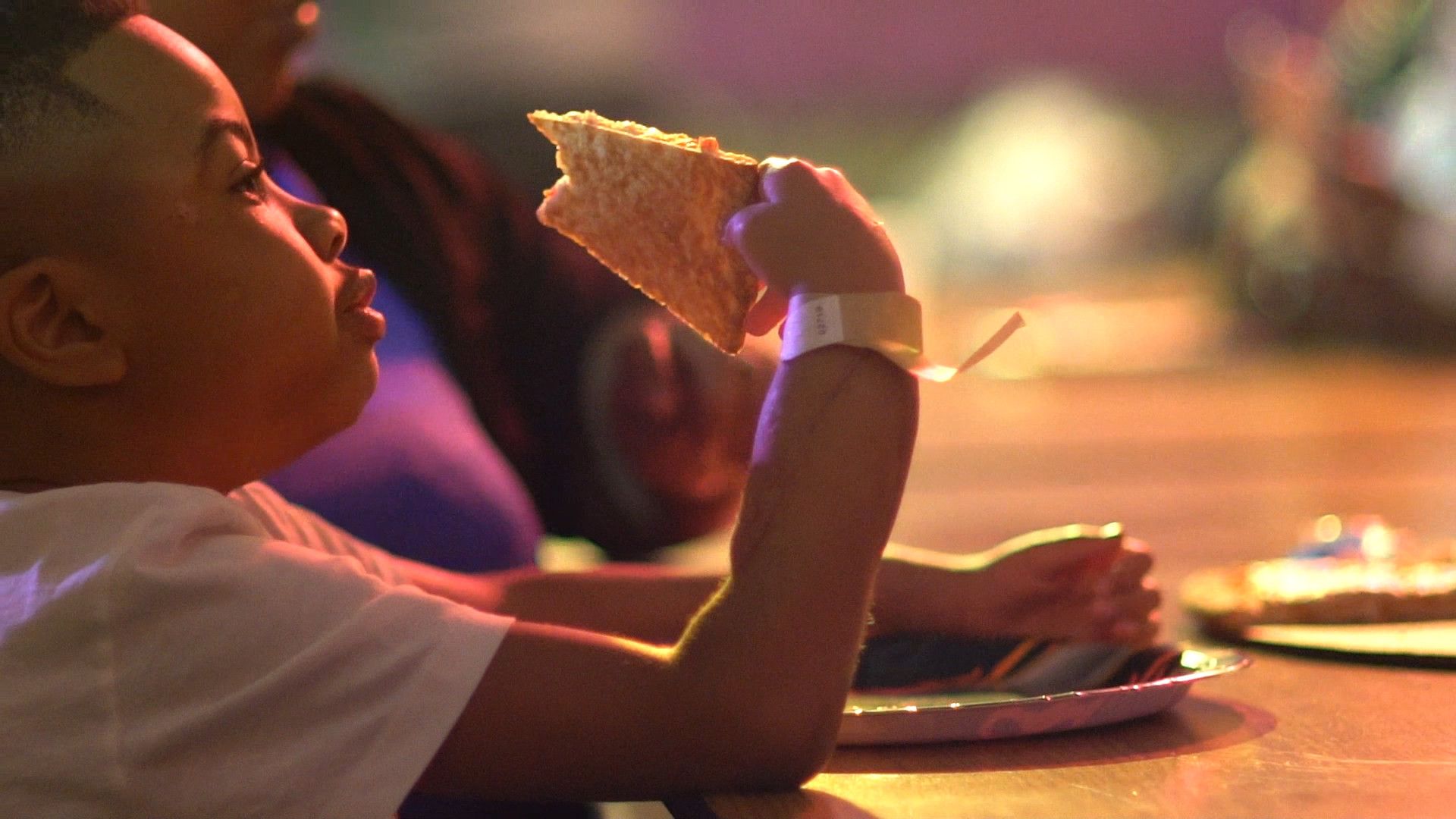
An 8-year-old boy is now able to write, eat and get dressed on his own, thanks to a double-hand transplant performed just a few years ago. The case study, published Tuesday in the Lancet Child & Adolescent Health, highlights a procedure performed by a team of doctors at Children's Hospital of Philadelphia. The patient—still enjoying the full function of his hands today—is proof that limb transplantation can be safely and successfully conducted on the youngest of patients.
The patient, Zion Harvey, lost his hands after suffering from sepsis that required a double amputation. Doctors said Zion was an especially good candidate for the transplant because he was already taking immunosuppression drugs at the time of the surgery—to prevent the rejection of a donor kidney from his mother.
After the successful 10 hour and 40 minute procedure, Zion experienced some minor setbacks; his body rejected the limbs eight times. With the help of several months of rehabilitative services, including occupational therapy and psychological counseling, Zion slowly made a recovery.
"Hand transplantation is not lifesaving, but for many patients, the improvements in function and quality of life justify the commitment to lifelong immunosuppression and prolonged functional rehabilitation," the researchers write in the paper. "In children, concerns underlying the risk–benefit balance of hand transplantation are more nuanced than in adults."
Doctors performed the first successful hand transplant on an adult in 1998. Later, surgeons at a number of medical centers followed the blueprint for the procedure with some refinement. But it is still viewed as risky. A teenager who received a donor limb experienced a number of complications and died shortly after the surgery.
Most children who lose limbs will adopt prostheses. Though these medical devices have become more sophisticated and offer similar functional purposes as a biological limb, many patients—both young and old—don't always like to use them. Many people find prostheses to be unwieldy, uncomfortable or a source of embarrassment. Sometimes they're more of a hindrance than a help for getting through the routine tasks of daily life. According to the researchers, the rate of prosthetic limb abandonment is as high as 45 percent—and that figure is likely much higher for kids.
Zion, like many patients who are missing limbs, had already adapted and figured out how to get through some daily tasks using the stubs at the end of his arms. But without fingers and full hands, he couldn't be fully independent. Before surgery, Zion said he looked forward to doing the same activities of his peers, such as climbing the monkey bars and swinging a baseball bat.
The donor limbs were procured by the hospital through Gift of Life, an organ donation nonprofit organization.
Zion began occupational therapy only six days after his transplant, which included playing with video games and doing finger-strengthening exercises with finger puppets. His doctors noted that slowly the nerves began to grow and reconnect with the transplanted hands. Medical imaging also revealed that his brain had adopted the limbs, developing the neural pathways that are needed for fine motor skills and hand movement.
In the paper, the researchers suggest that conducting limb transplant surgery as early as possible could be most successful because a child's brain is still malleable and much more equipped than adult brains to acquire new skills.
"The loss of opportunity to lay down pathways during crucial periods of development might lead to permanent deficits even when primary inputs are restored—a process that has been best characterized in the visual cortex," they write in the paper.
Within two months, Zion was able to feel pain sensation in both hands. Within six months he was able to eat and grasp a writing implement with his right hand. Within a year, he was swinging a bat and dressing on his own.
Today, Zion is on four immunosuppression drugs to prevent the threat of subsequent rejections, but his doctors hope to reduce the number in the coming years.
Uncommon Knowledge
Newsweek is committed to challenging conventional wisdom and finding connections in the search for common ground.
Newsweek is committed to challenging conventional wisdom and finding connections in the search for common ground.
About the writer
Jessica Firger is a staff writer at Newsweek, where she covers all things health. She previously worked as a health editor ... Read more
To read how Newsweek uses AI as a newsroom tool, Click here.








